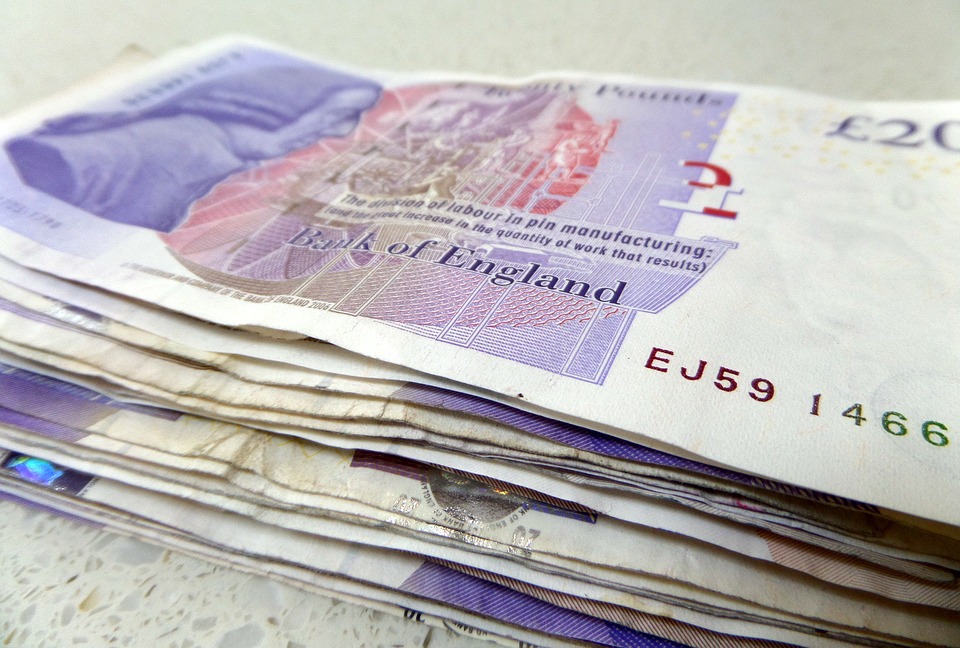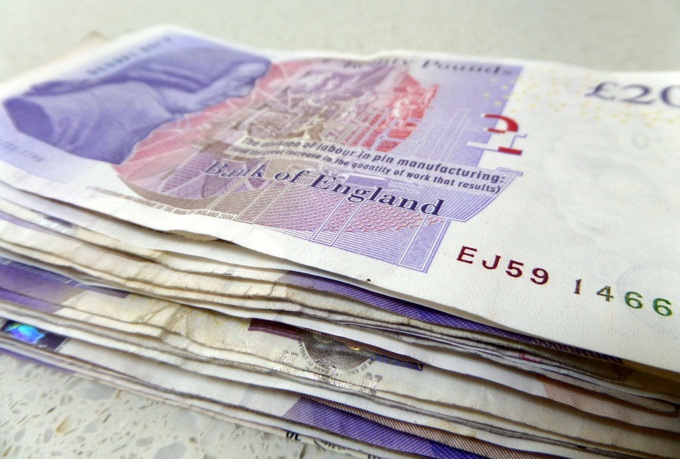The exit from the European Union could lead to a weakening of the pound sterling, or even a loss of the status of its reserve currency. This is evidenced by a study of the specialized journal Central Banking Publications (CBP).
The publication interviewed about 80 central banks from different countries, the total assets of which are estimated at seven trillion dollars. It turned out that more than a third of the regulators are planning to reduce the volume of the British pound in their reserves. Some countries do not rule out replacing the pound with Chinese yuan or bonds of developing countries.
“The gap with the EU is seen as a source of uncertainty and volatility that the reserve managers do not like by definition. They consider Brexit to be destructive, both in terms of market reaction, and the characteristics of accounting and relations with third parties,” says the CBP.
Nowadays, the pound is the fourth most popular reserve currency in the world after the US dollar, the euro and the yen. After the Brexit referendum in June 2016, the dollar equivalent of the British currency remained almost unchanged. In this case, the pound fell from 1.45 dollars per pound to 1.29, writes Financial Times.
source: ft.com
The publication interviewed about 80 central banks from different countries, the total assets of which are estimated at seven trillion dollars. It turned out that more than a third of the regulators are planning to reduce the volume of the British pound in their reserves. Some countries do not rule out replacing the pound with Chinese yuan or bonds of developing countries.
“The gap with the EU is seen as a source of uncertainty and volatility that the reserve managers do not like by definition. They consider Brexit to be destructive, both in terms of market reaction, and the characteristics of accounting and relations with third parties,” says the CBP.
Nowadays, the pound is the fourth most popular reserve currency in the world after the US dollar, the euro and the yen. After the Brexit referendum in June 2016, the dollar equivalent of the British currency remained almost unchanged. In this case, the pound fell from 1.45 dollars per pound to 1.29, writes Financial Times.
source: ft.com



















